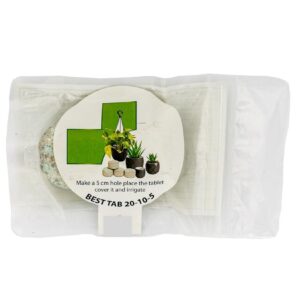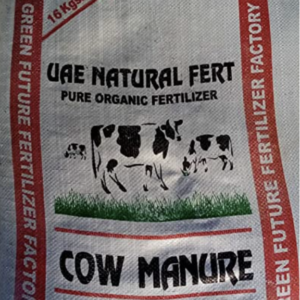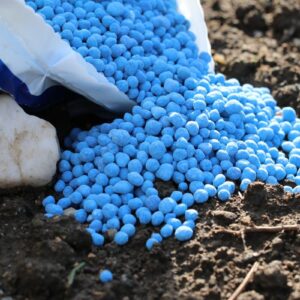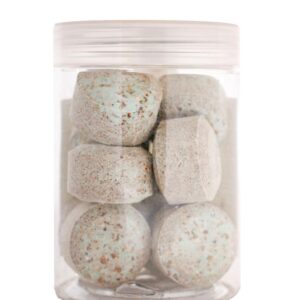Size: 25 kgs.
People commonly use organic fertilizer in gardening and agriculture to provide essential nutrients to plants and improve soil health. Organic fertilizer is a type of fertilizer derived from natural sources such as plant or animal materials. Here are some details about organic fertilizer:
Natural Sources:
Organic fertilizers are made from organic materials such as compost, animal manure, bone meal, fish emulsion, seaweed, and plant residues. These materials are rich in nutrients and promote sustainable nutrient cycling.
Nutrient Content:
Organic fertilizers contain a range of nutrients, including nitrogen (N), phosphorus (P), potassium (K), as well as secondary and micronutrients. The nutrient content varies depending on the source of the organic material.
Slow-Release:
Organic fertilizers release nutrients slowly and steadily over time. This slow-release nature ensures a more balanced nutrient supply to plants, reducing the risk of nutrient leaching and runoff.
Soil Health:
Organic fertilizers improve soil structure, water retention, and drainage. They enhance microbial activity, promoting the growth of beneficial soil organisms that contribute to nutrient cycling and overall soil health.
Nutrient Availability:
The nutrients in organic fertilizers are often bound in complex organic forms. Soil microorganisms break down these organic compounds, making the nutrients more available to plants over time.
Environmental Benefits:
Organic fertilizers are environmentally friendly because they minimize the risk of chemical runoff, groundwater contamination, and soil degradation. They also contribute to carbon sequestration and reduce the reliance on synthetic chemical fertilizers.
Application:
You can apply organic fertilizers to the soil surface or incorporate them into the soil during planting. They are suitable for various types of gardening, including vegetable gardens, flower beds, lawns, and container gardening.
Long-Term Benefits:
Regular use of organic fertilizer improves soil fertility and structure, leading to healthier plants and higher yields over the long term. It also promotes biodiversity and contributes to sustainable agricultural practices.
Remember to follow the recommended application rates and guidelines specific to the type of organic fertilizer you are using. Also, consider factors such as soil type, plant requirements, and local climate conditions when using organic fertilizers for optimal results.







Reviews
There are no reviews yet.